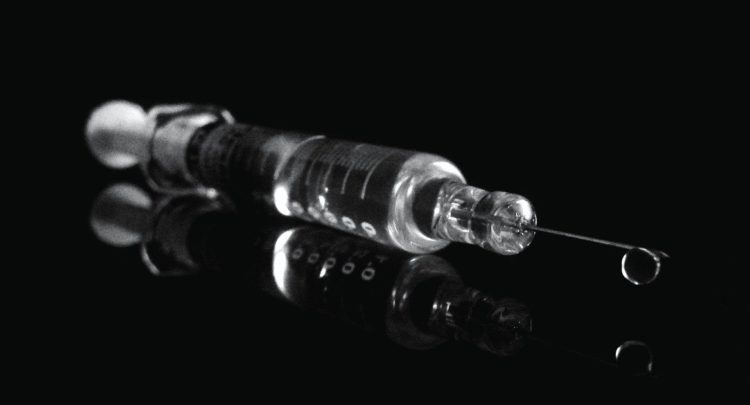
Dec. 23. Yes, you should continue to wear a mask if you receive one of the two coronavirus vaccines. Both are synthetic messenger RNA (mRNA), a new way to protect against infectious diseases.
Novant Health doctors say neither the Pfizer nor the Moderna vaccines inject a weakened germ into your body to trigger the immune response. The new mRNA vaccines teach your cells how to make a protein — or even just a piece of a protein — that triggers an immune response inside your body.
When it comes to vaccines, the regulatory process in the United States is one of the most robust in the world. Here are questions you might have, with answers from Novant Health.
How many doses of the vaccine are required?
You must receive two doses of the same product. The Pfizer-BioNTech shots are being given 21 days apart. Moderna’s are given 28 days apart.
What are the short-term, expected effects of the vaccines? 
In the vaccine trials, some participants experienced common “expected effects.” This may include a sore arm, warmth in the arm, malaise, fatigue or a low-grade fever. Those expected effects typically only lasted a few hours. While not everyone will experience these effects to the same degree, it does show the vaccine is working and your immune system is responding.
What are the long-term effects of the vaccines?
It is going to take some time for us to know any long-term effects. However, we do know mRNA is very fragile and degrades quickly. Therefore, we anticipate post-vaccination symptoms will only occur in the very short term if at all.
Can the vaccine give me COVID-19 when administered?
No. The mRNA vaccines do not use the live virus that causes COVID-19.




